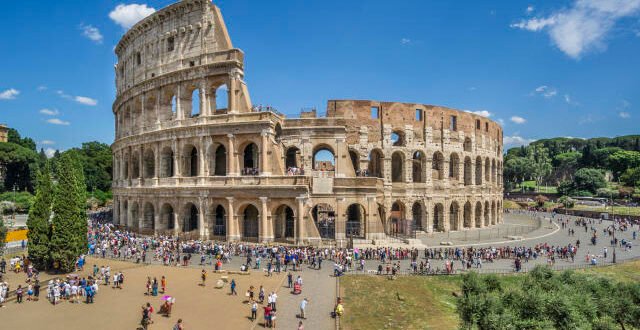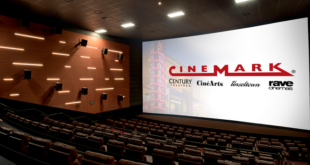The Roman Empire, a civilization that has long fascinated historians, scholars, and enthusiasts alike, has been experiencing a noticeable resurgence in popularity and influence within modern culture and society. This phenomenon, which we’ll refer to as the “Roman Empire trend,” encompasses a broad spectrum of areas including education, entertainment, architecture, and personal development. This article delves into the various facets of this trend, exploring its manifestations and the reasons behind its modern-day appeal.
Historical Context and Legacy
To fully appreciate the significance of the Roman Empire trend, one must first understand the empire’s historical context and enduring legacy. The Roman Empire, at its zenith, was an unparalleled political and social structure, stretching from the misty highlands of Scotland to the sun-baked sands of Egypt. It was a melting pot of cultures, languages, and traditions, unified under the banner of Roman governance and peace, famously termed the Pax Romana.
The empire’s achievements in law, engineering, military strategy, and governance have left an indelible mark on the fabric of Western civilization. Roman law forms the bedrock of legal systems in many countries, while ancient Roman architectural and engineering marvels continue to inspire awe and admiration. The stories of Roman leaders, philosophers, and gladiators echo through time, their lives and lessons subject to endless study and fascination.
The Roman Empire in Modern Media and Entertainment
One of the most visible aspects of the Roman Empire trend is its portrayal in media and entertainment. Films like “Gladiator” and series such as “Rome” and “Spartacus” have brought the ancient world to life for a contemporary audience, blending historical facts with creative storytelling. These portrayals, while not always historically accurate, have sparked a renewed interest in Roman history and culture, encouraging audiences to learn more about the realities behind the dramatizations.
Beyond traditional media, video games like “Total War: Rome” and “Assassin’s Creed: Brotherhood” offer interactive experiences of Roman history, allowing players to immerse themselves in the ancient world. These games often go to great lengths to accurately recreate the settings and context of the Roman Empire, providing a blend of entertainment and education that has contributed significantly to the trend’s popularity.
Architecture and Design: The Roman Influence
The architectural and design principles developed during the Roman Empire continue to influence modern construction and aesthetics. The use of arches, domes, and concrete are Roman innovations that have become foundational in contemporary architecture. This influence is not only seen in grand public buildings and monuments but also in residential designs where the emphasis on symmetry, proportion, and the integration of indoor and outdoor spaces reflect Roman ideals.
In recent years, there has been a noticeable trend in incorporating explicit Roman-style elements into homes, gardens, and public spaces. From the revival of the classical column to the adoption of Roman-inspired landscaping and water features, these elements signify a longing for the timeless beauty and order that the Roman aesthetic embodies.
Personal Development and Stoicism
Perhaps one of the most profound aspects of the Roman Empire trend is the resurgence of interest in Stoicism, a philosophy that originated in ancient Greece and was practiced by many Roman thinkers, including Marcus Aurelius, Seneca, and Epictetus. In a world grappling with uncertainty, the Stoic emphasis on virtue, resilience, and the importance of focusing on what one can control has found a new audience.
Books, podcasts, and online communities dedicated to Stoicism have proliferated, drawing on ancient wisdom to address modern challenges. The philosophy’s practical approach to dealing with adversity, its call for mindfulness, and its advocacy for living in accordance with nature resonate with contemporary seekers of personal growth and well-being.
Conclusion
The Roman Empire trend reflects a broader fascination with an era that has shaped the course of human history in innumerable ways. This resurgence of interest speaks to the timeless appeal of Roman achievements, ideals, and innovations. Whether through the lens of entertainment, the principles of design and architecture, or the pursuit of personal development through Stoicism, the legacy of the Roman Empire continues to inspire and influence modern society.
By engaging with this trend, individuals and communities are not merely romanticizing the past; they are finding relevance and value in ancient wisdom and achievements, applying them to the challenges and opportunities of the contemporary world. The Roman Empire, with its complex history and enduring legacy, offers a rich tapestry of lessons and inspiration, proving that even in our fast-paced, technology-driven age, the past has much to teach us about the present and the future.
 Inspirescroll
Inspirescroll




